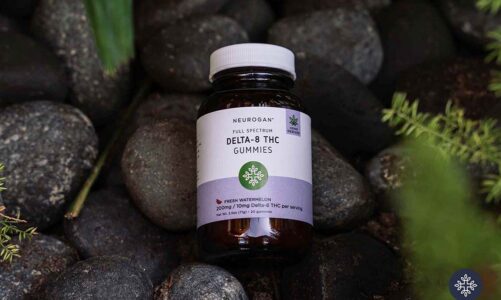In recent years, there has been a noticeable rise in the number of men seeking help for symptoms commonly associated with low testosterone levels. Testosterone Replacement Therapy (TRT) clinics have become increasingly popular as men look for answers to declining energy, libido, mood, and overall health. This shift is not just a trend—it reflects broader awareness of hormonal health and evolving attitudes about aging and well-being.
Understanding Testosterone and Its Role
Testosterone is a vital hormone in the male body, responsible for regulating muscle mass, bone density, red blood cell production, mood, and sexual function. While natural testosterone levels peak in early adulthood, they gradually decline with age. For some men, this decline becomes more than just a slow process—it leads to a hormonal deficiency called hypogonadism, which can significantly affect quality of life.
The Common Symptoms Driving Men to Seek Help
Men experiencing low testosterone may report a wide range of symptoms including:
- Persistent fatigue and reduced stamina
- Loss of muscle mass and strength
- Weight gain, especially around the midsection
- Irritability, mood swings, or depression
- Low libido and erectile dysfunction
- Poor concentration or brain fog
These symptoms often overlap with those of aging or other medical conditions, making diagnosis and treatment complex without professional guidance.
Why TRT Clinics Are Gaining Popularity
TRT clinics offer a targeted solution for men suffering from testosterone deficiency. Unlike general practitioners, these clinics specialize in hormone health and provide comprehensive diagnostic and treatment services. Their growing popularity can be attributed to several key factors:
1. Tailored Treatment Plans
TRT clinics provide personalized therapies based on extensive lab testing, lifestyle analysis, and ongoing evaluations. This individualized approach increases effectiveness and minimizes risks associated with hormone therapy.
2. Increased Awareness
More men are becoming aware of the connection between hormone levels and overall wellness. The availability of reliable information online and through social circles is encouraging men to explore their options and seek professional help sooner.
3. Improved Accessibility
Modern TRT clinics are designed for convenience. Many offer telehealth appointments, easy lab testing, and streamlined prescription services. Clinics like the Quest 4 Health TRT clinic have made the process more accessible by combining expert medical care with flexible, patient-friendly service models.
4. Focus on Preventive Health
Today’s TRT clinics don’t just treat symptoms—they promote long-term health by addressing underlying issues such as nutrition, stress, sleep, and physical activity. This holistic approach is drawing more men who want sustainable, long-term solutions rather than quick fixes.
What to Expect from a TRT Clinic
When visiting a TRT clinic, patients typically undergo:
- A detailed medical history review
- Blood work to measure hormone levels
- A physical examination
- A discussion about symptoms, goals, and treatment options
Based on the findings, the provider may recommend testosterone via injections, gels, patches, or pellets. The treatment is closely monitored through regular check-ups and lab tests to ensure optimal results.
Is TRT Right for Everyone?
TRT is not suitable for all men. It’s critical to confirm low testosterone levels with lab tests before starting therapy. Also, men with certain conditions—like prostate or breast cancer—may not be candidates for TRT. That’s why professional evaluation and regular monitoring are essential parts of the process.
Conclusion
The rise in men seeking care from TRT clinics is a sign of changing attitudes about health, aging, and masculinity. Rather than accept fatigue and low energy as inevitable, more men are proactively addressing their hormonal health. With the help of expert clinics, they’re discovering paths to restored vitality, confidence, and well-being.




